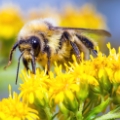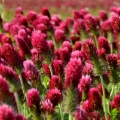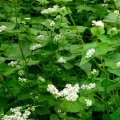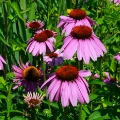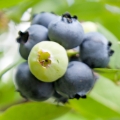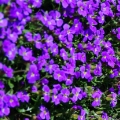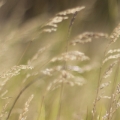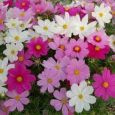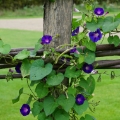Cape Gooseberry Seeds

Flower Specifications
Season: Perennial
USDA Zones: 8 - 11
Height: 24 inches
Bloom Season: Spring to mid summer
Bloom Color: Yellow to purple
Environment: Full sun to partial shade
Soil Type: Very adaptable - sandy to clay, pH 5.1 - 6.0
Planting Directions
Temperature: 75F
Average Germ Time: 10 - 20 days
Light Required: Yes
Depth: 1/16 inch
Sowing Rate: 3 seeds per plant
Moisture: Keep moist until germination
Plant Spacing: 18 inches
Care & Maintenance: Cape Gooseberry
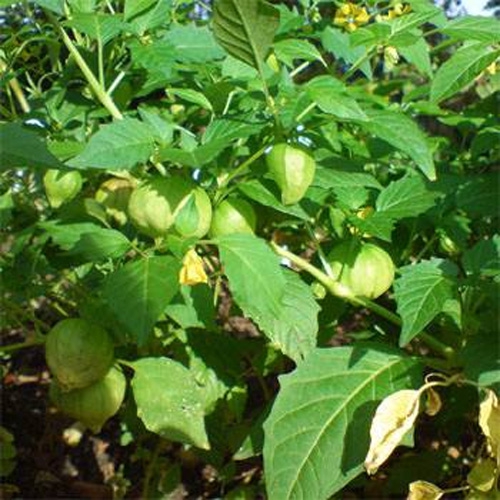
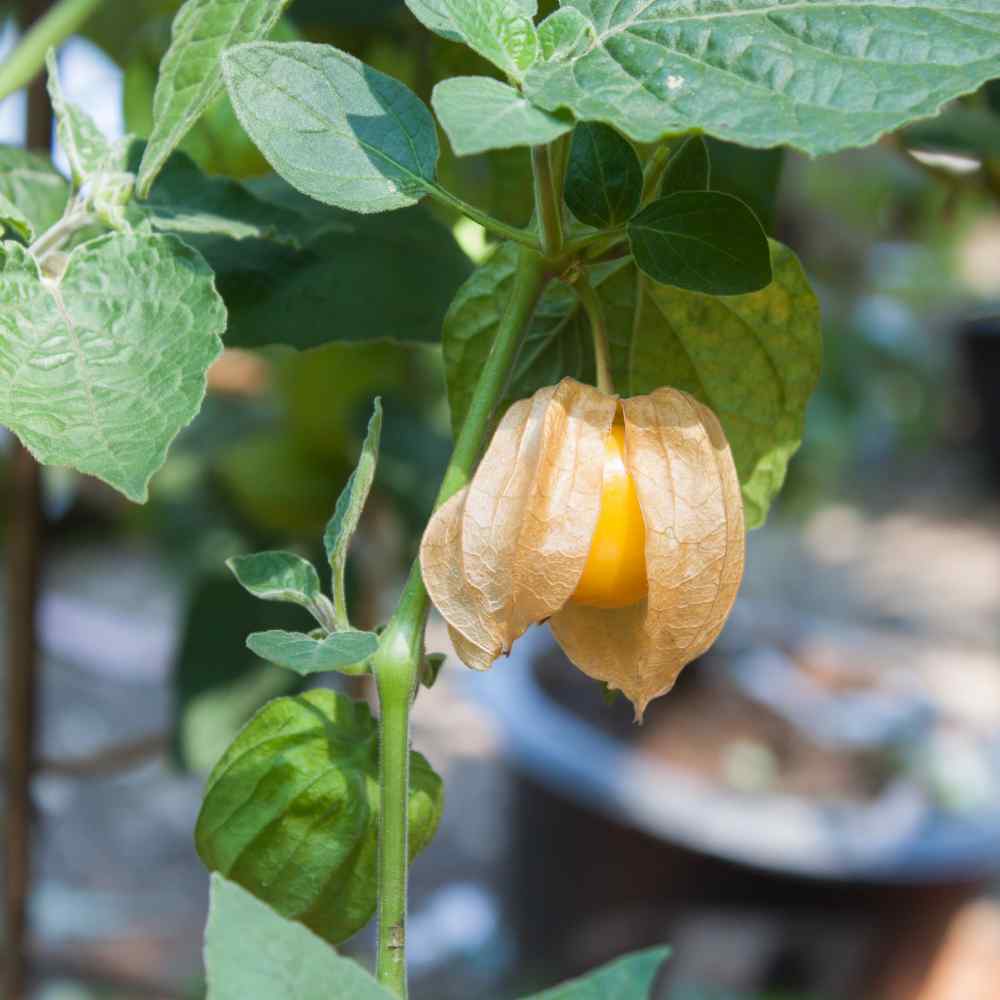
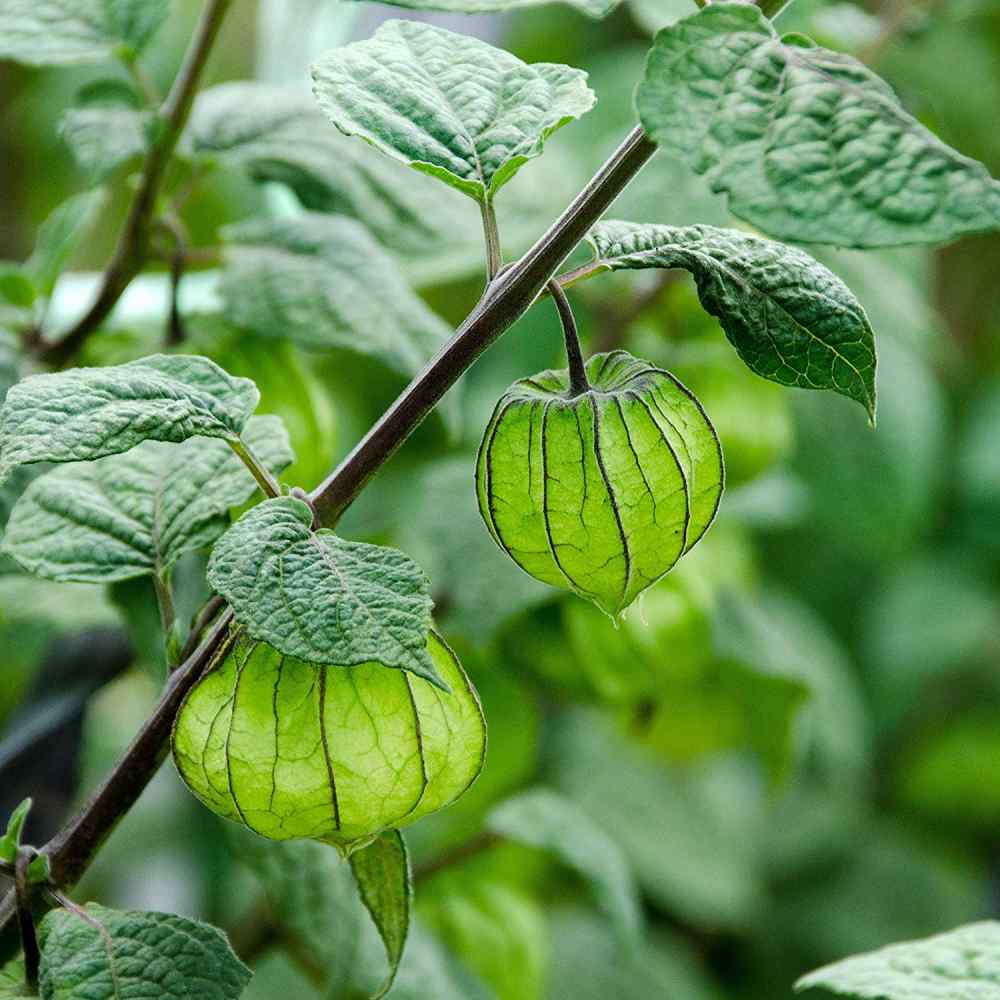
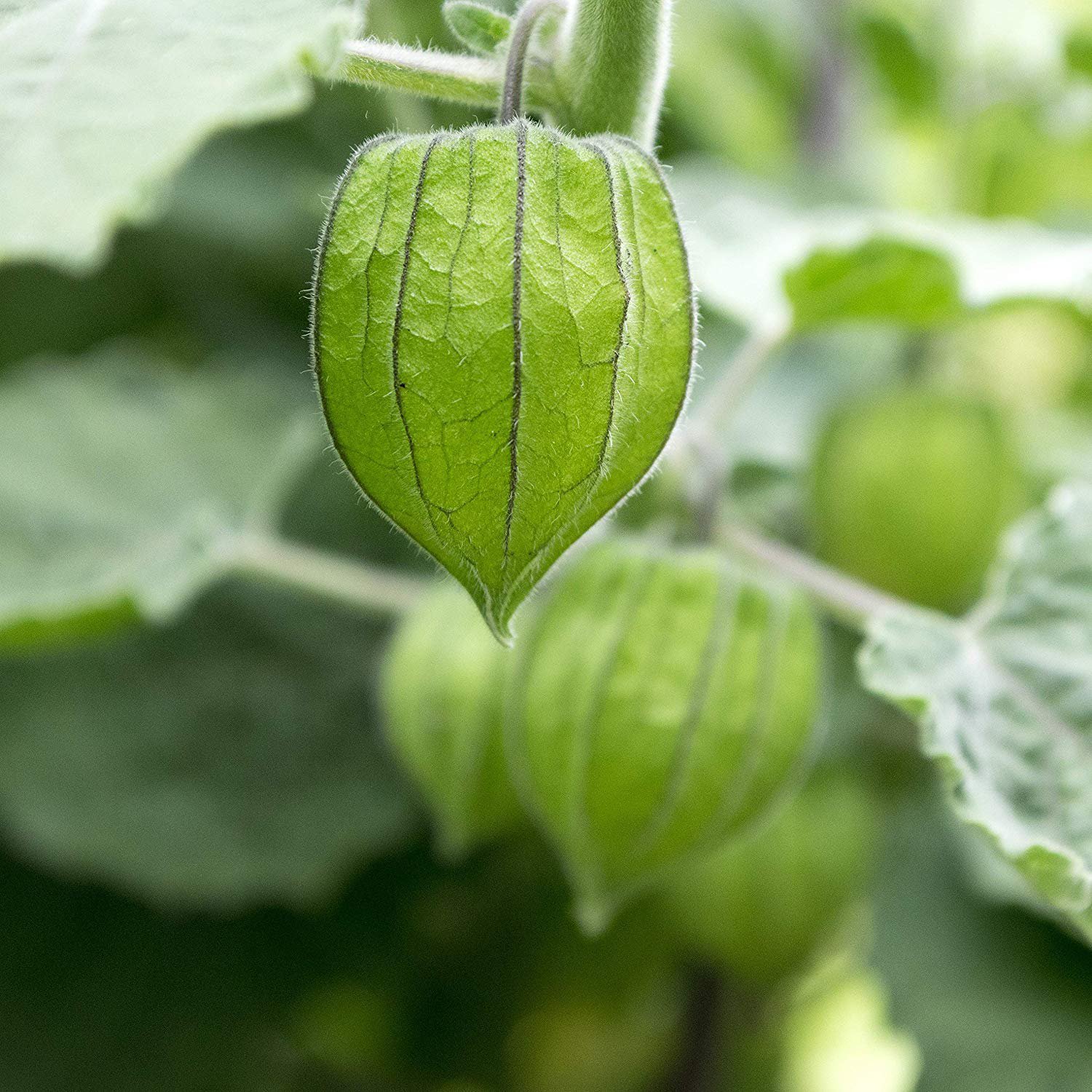
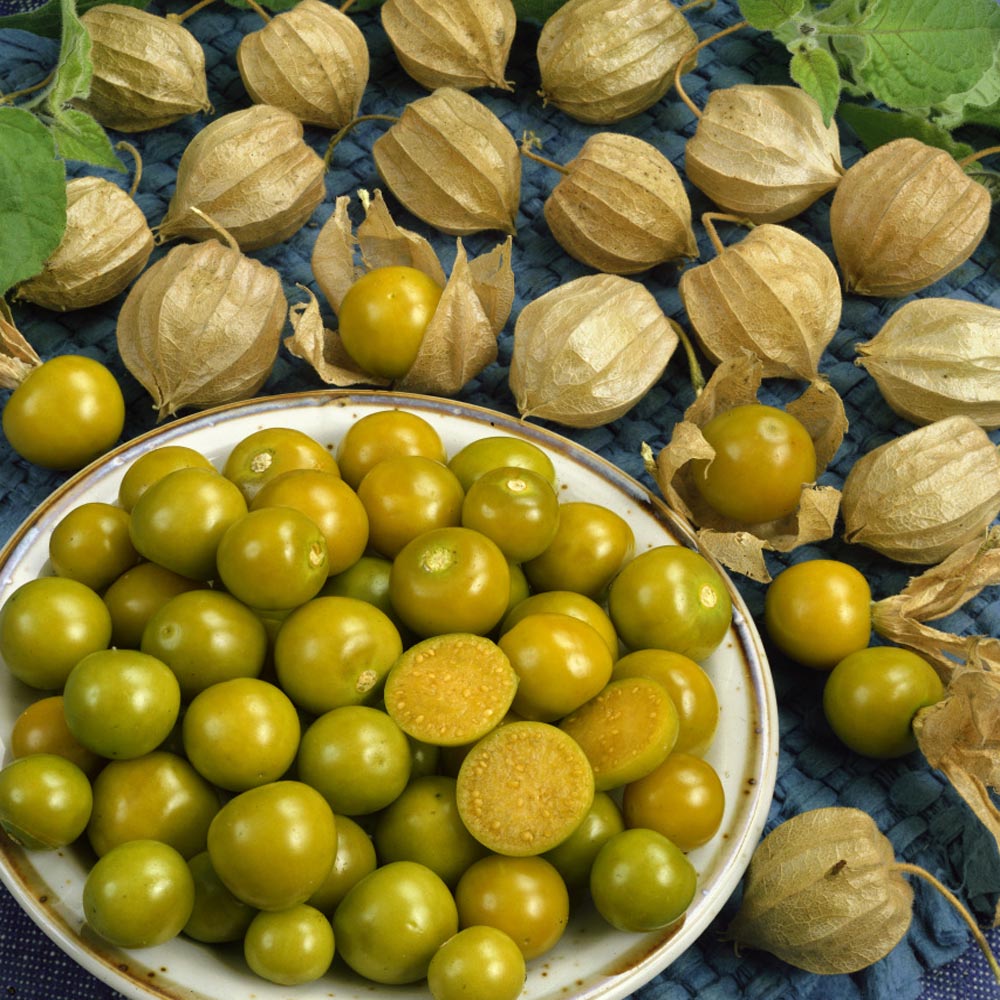
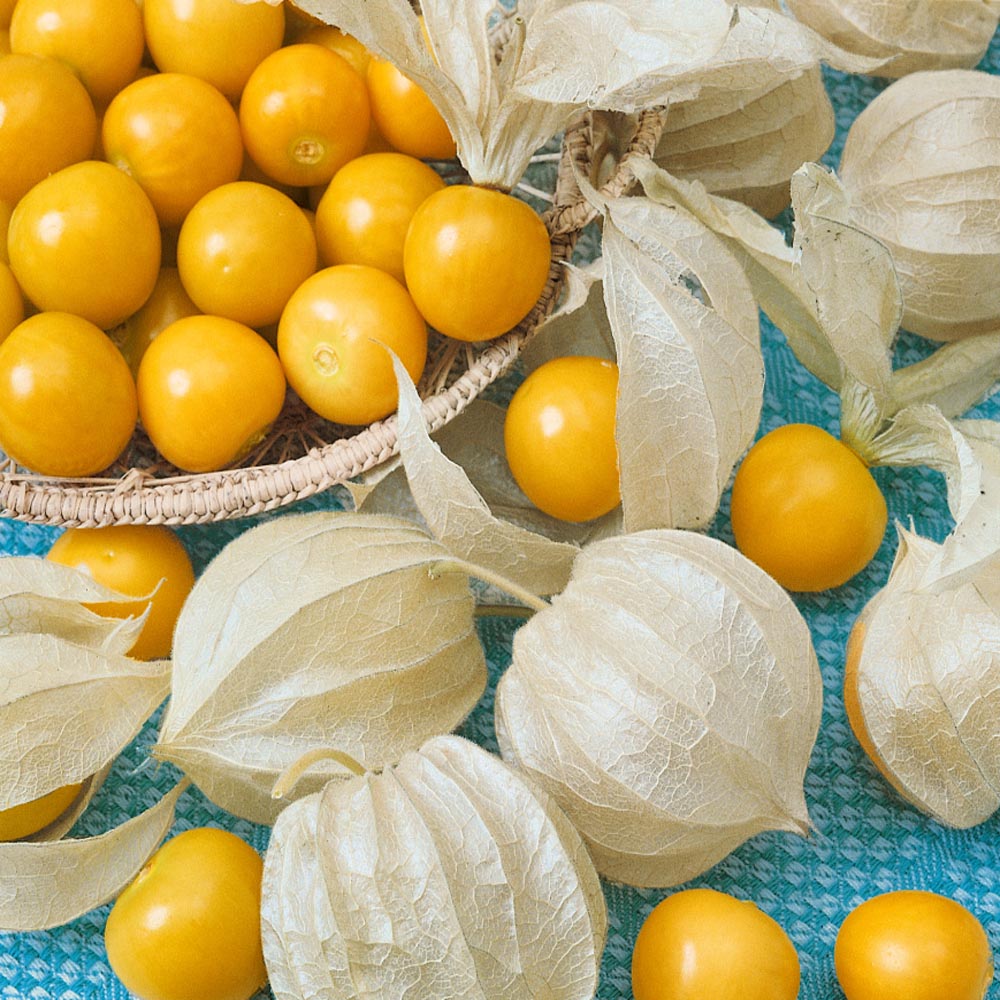
Cape Gooseberry (Physalis Peruviana) - Start Cape Gooseberry seed to grow this perennial plant that produces golden colored berries. Physalis Peruviana, commonly referred to as Cape Gooseberry, grows to approximately 2 feet tall and is is hardy to zone 8 but is frost tender. Cape Gooseberry plants are in flower from July to October, and the seeds ripen from August to November. The flowers are hermaphrodite (have both male and female organs) and are pollinated by bees and wind.
Cape Gooseberry, or also called Goldenberry or Peruvian Ground Cherry, will grow in a wide range of soils from light sandy soils to heavy clay soils. Goldenberry plants prefer soil types that are well-drained. Even if the soil is nutritionally poor, Cape Gooseberry will still grow well, and it prefers acidic soil. Physalis Peruviana is very adaptable and can grow in full sun to partial shade.
Start Cape Gooseberry seeds indoors 6 - 8 weeks before the end of frost season. Cover the seeds with 1/16 inch of soil and keep the Physalis seeds moist. Transplant when temperatures are warm (after tomatoes are set out). The berries will ripen from green to golden yellow when ripe, and they will drop in their husks ready to be collected. Cape Gooseberry is known for its golden yellow, berries. You can use these fruits raw or cooked in pies, cakes, jellies, jams and as a raisin substitute also not as sweet. Goldenberry is considered to have a delicious bitter-sweet flavor.

